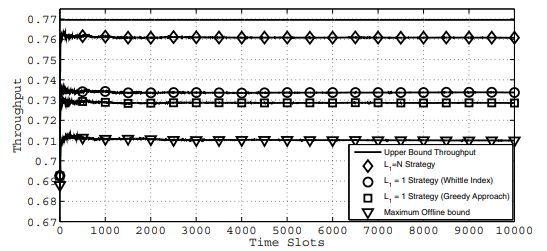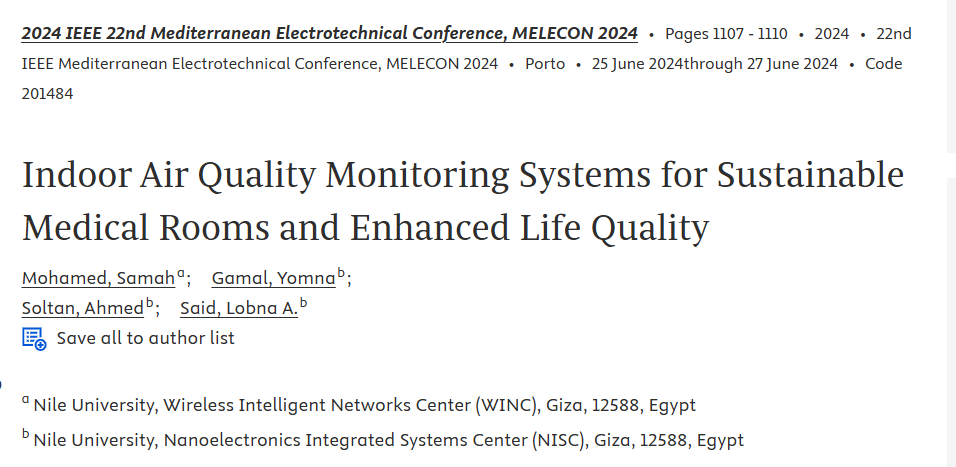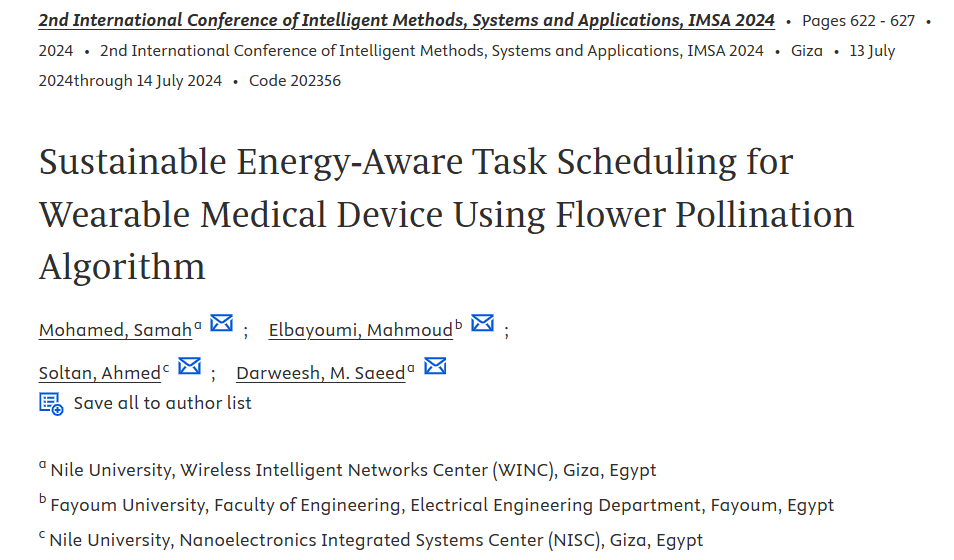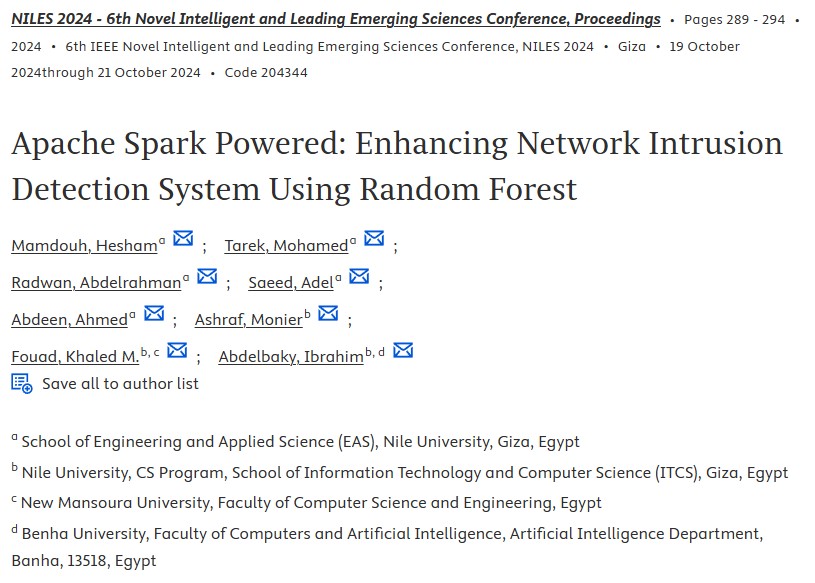
Blind cognitive MAC protocols
We consider the design of cognitive Medium Access Control (MAC) protocols enabling an unlicensed (secondary) transmitter-receiver pair to communicate over the idle periods of a set of licensed channels, i.e., the primary network. The objective is to maximize data throughput while maintaining the synchronization between secondary users and avoiding interference with licensed (primary) users. No statistical information about the primary traffic is assumed to be available a-priori to the secondary user. We investigate two distinct sensing scenarios. In the first, the secondary transmitter is capable of sensing all the primary channels, whereas it senses one channel only in the second scenario. In both cases, we propose MAC protocols that efficiently learn the statistics of the primary traffic online. Our simulation results demonstrate that the proposed blind protocols asymptotically achieve the throughput obtained when prior knowledge of primary traffic statistics is available. ©2009 IEEE.




